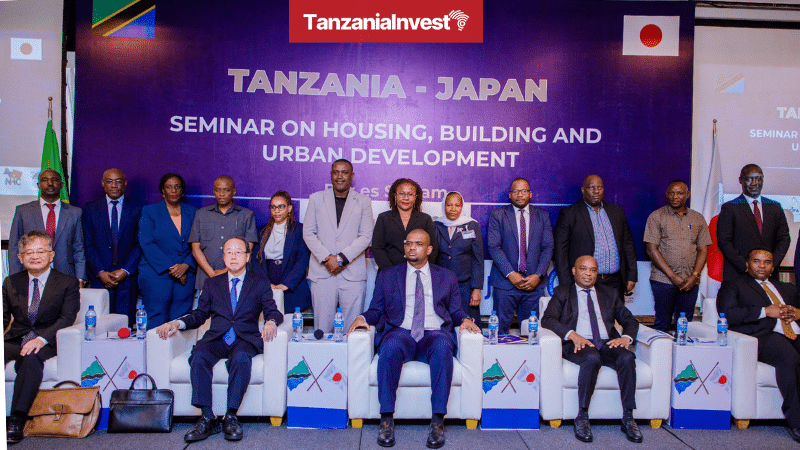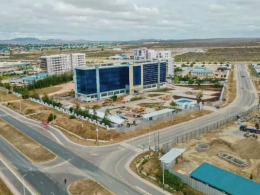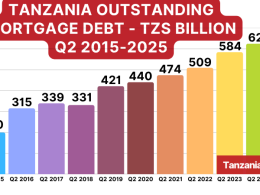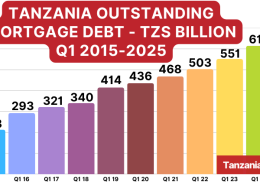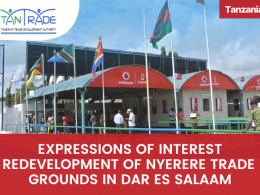Tanzania will require 26,840,909 housing units by 2050 to meet the needs of a projected population of 118.1 million, according to the Ministry of Lands, Housing and Human Settlements Development.
The announcement was made during a seminar on housing, construction, and urban development held on 28 July 2025 in Dar es Salaam, attended by Tanzanian officials and Japanese investors in the real estate sector.
Opening the seminar, Minister Deogratius Ndejembi stated that rapid urbanization is driving demand for housing across the country.
According to the 2022 Population and Housing Census, Tanzania had 14,724,164 housing units serving 61.7 million people.
By 2025, housing demand will rise to 15.5 million units for an estimated population of 68.2 million.
By 2030, the country will require 17,659,090 units for 77.7 million people.
By 2050, the projected demand reaches 26,840,909 units for a population of 118.1 million.
The urbanization rate increased from 6.2% in 1967 to 34.9% in 2022 and is expected to reach 59% by 2050.
Ndejembi highlighted that growth is no longer limited to major cities such as Dar es Salaam and Mbeya, but is increasingly visible in cities like Geita, Katavi, and Mpanda.
“To accommodate this growth, we are encouraging investment in affordable housing and urban infrastructure,” Ndejembi said. He added that Tanzania remains one of the fastest urbanizing countries in Sub-Saharan Africa.
To attract investors, the government has removed taxes on low-cost housing projects valued below TZS 50 million and launched the updated 2023 edition of the National Land Policy of 1995 in March 2025 to facilitate land access and tenure security.
The Japanese Ambassador to Tanzania, Yoichi Mikami, emphasized the importance of international cooperation in addressing housing demand, stating that partnerships between Tanzanian and Japanese firms could support the development of sustainable urban housing.
Tanzania’s Housing Sector
The Tanzanian housing demand is estimated at 200,000 houses annually, and a total
housing shortage of 3 million units. The housing deficit is further exacerbated by rapid demographic growth, with the population increasing by over 1 million people annually.
The sector faces several structural challenges, including limited access to affordable financing, high construction costs, and inadequate infrastructure.
Mortgage penetration remains low at less than 1% of GDP, with interest rates for housing loans ranging between 15% and 19% as of 2024, according to Bank of Tanzania data.
Most Tanzanians rely on informal savings and incremental building due to the lack of long-term financing options.
The National Housing Corporation (NHC), the largest real estate developer in the country and a government-owned institution under the Ministry of Lands, and private developers continue to play a role in housing delivery.
Still, supply remains concentrated in mid- to high-income segments, leaving low-income demand largely unmet.
The government’s long-term strategy prioritizes expanding access to affordable housing, improving urban planning, and leveraging public-private partnerships to increase housing supply in fast-growing urban areas.





